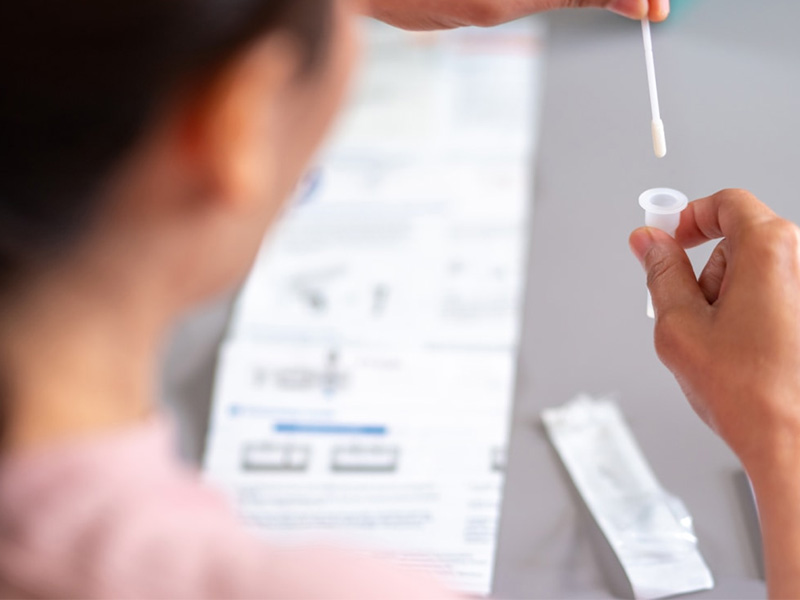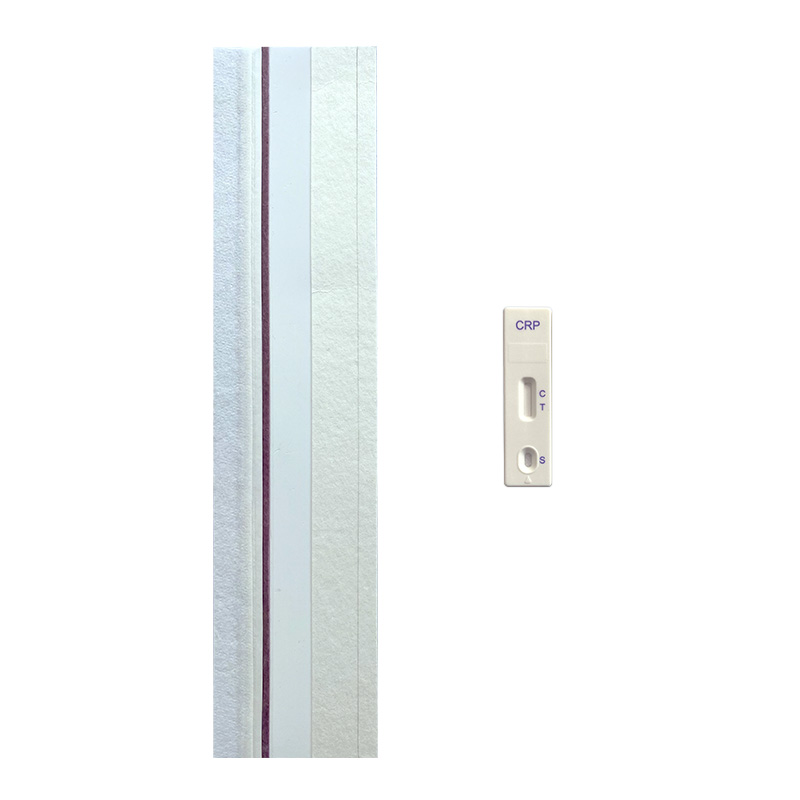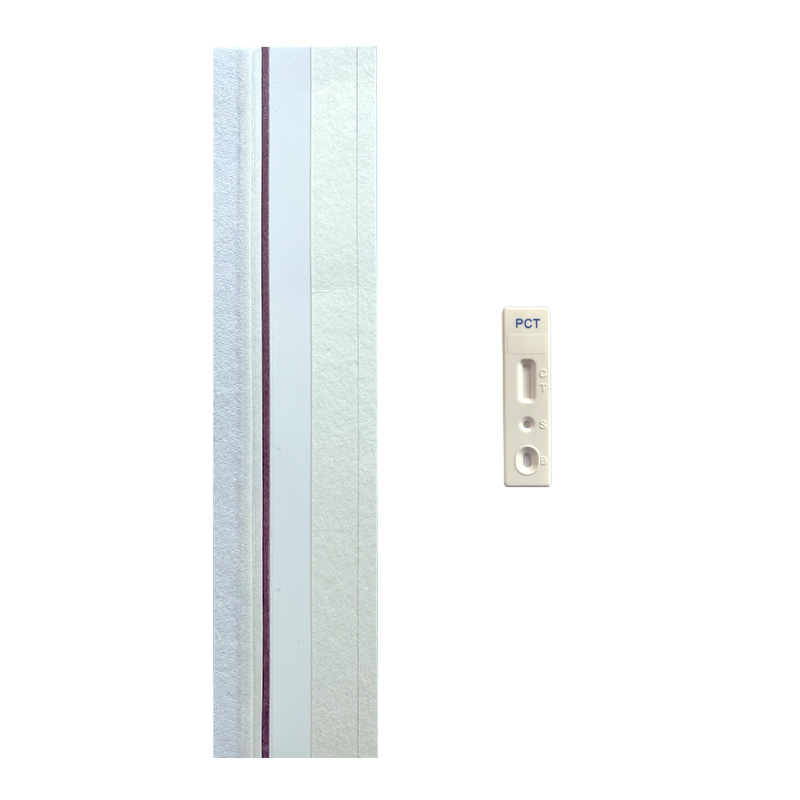Inflammatory Marker Test Uncut Sheet
NewScen provides a comprehensive range of Inflammatory Marker lateral flow rapid test kits, ensuring swift and accurate detection of various infections including CRP, PCT.
We offer uncut sheets for all our products, allowing for flexible customization and scalability. Trust NewScen for reliable and efficient Inflammatory Marker testing solutions.
List of Other Available Inflammatory Marker Test Uncut Sheet
NewScen provides rapid diagnostic test uncut sheets for all our produced lateral flow assays. If the specific uncut sheet you require is not listed, please don’t hesitate to contact us for more details.
Understanding Our Target Audience






Please feel free to contact us immediately to request samples for your Uncut Sheet business before commencing the rapid test production.
FAQ
CRP is an acute-phase protein produced by the liver. PCT is the prehormone of calcitonin that is normally secreted by the C-cells of the thyroid in response to hypercalcaemia. Under normal conditions, negligible serum PCT levels are detected.
Background. Procalcitonin (PCT) is an inflammatory marker that has been used as indicator of severe bacterial infection. We evaluated the concentrations of PCT as a marker for systemic infection compared to C-reactive protein (CRP) in patients neutropenic febrile.
Inflammation is a complex biological response that is typically triggered by the immune system in response to infection, injury, or disease. There are several markers that can indicate the presence of inflammation in the body. Here are some commonly used markers for inflammation:
C-reactive protein (CRP): CRP is a protein produced by the liver in response to inflammation. Elevated levels of CRP in the blood can indicate acute or chronic inflammation.
Erythrocyte sedimentation rate (ESR): ESR is a measure of how quickly red blood cells settle in a tube over a given period. Inflammation can cause increased levels of certain proteins in the blood, which can cause the red blood cells to settle more rapidly.
White blood cell count (WBC): An increase in the number of white blood cells, particularly neutrophils, can be a sign of inflammation.
Pro-inflammatory cytokines: These are signaling molecules produced by immune cells that regulate inflammation. Examples of pro-inflammatory cytokines include tumor necrosis factor-alpha (TNF-alpha) and interleukin-6 (IL-6). Elevated levels of these cytokines can indicate inflammation.
Imaging tests: Imaging techniques such as MRI, CT scan, or ultrasound can reveal signs of inflammation in specific organs or tissues, such as joint swelling in arthritis or lung inflammation in pneumonia.
It's important to note that the specific marker(s) used to diagnose and monitor inflammation may vary depending on the underlying condition or disease being evaluated. A healthcare professional will typically consider multiple markers and other clinical factors to assess the presence and severity of inflammation in an individual.
A c-reactive protein test measures the level of c-reactive protein (CRP) in a sample of your blood. CRP is a protein that your liver makes. Normally, you have low levels of c-reactive protein in your blood. Your liver releases more CRP into your bloodstream if you have inflammation in your body.
When would I need a C-reactive protein (CRP) test? Your healthcare provider may order a CRP test if you have symptoms of a serious bacterial infection, including: Fever. Chills.

